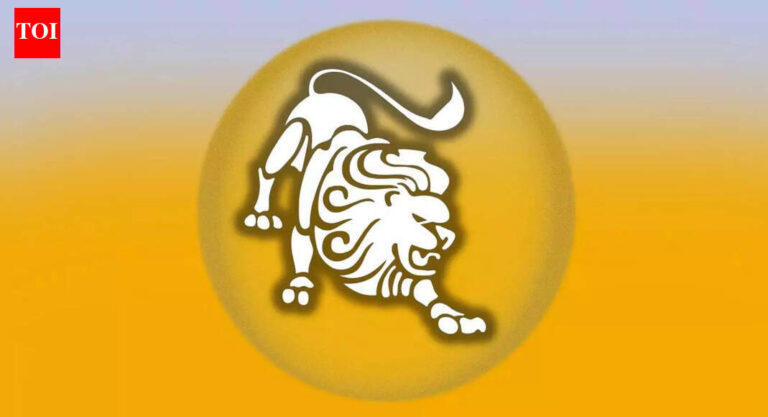
For years, conversations around “most employable” degrees in India have revolved around technology. But the India Skills Report 2026 signals a deeper churn taking place beneath that predictable surface. While the top remains dominated by digital-heavy disciplines like computer science and IT, the middle of the table tells an entirely different story, one where MBAs are losing ground and commerce and vocational programmes are quietly rising.This shift matters. It hints at an economy where employers are calibrating their hiring lens not simply around prestige or degree hierarchy, but around skill utility, domain depth, and digital fluency. India’s future workforce, it seems, will be shaped by how quickly educational streams adapt to these changing expectations.
How each degree performed : The numbers behind the shift
Employability Rates (India Skills Report 2026):
- Computer Science: 80%
- Information Technology: 78%
- B.E./B.Tech: 70.15%
- MBA: 72.76%
- Commerce: 62.81%
- Science (Non-IT): ~61%
- Arts: ~55.55%
- ITI: 45.95%
- Polytechnic: 32.92%
At the top, the hierarchy remains familiar: CS and IT graduates continue to be the most employable talent pool in the country. But the rest of the rankings indicate notable changes in employer priorities, especially the ascent of commerce graduates and the steady rise of vocational talent.
Why tech degrees remain unchallenged
Three forces continue to anchor tech graduates at the top:
AI and data are rewriting hiring logic : Organisations across sectors, from BFSI to retail to logistics, are integrating AI, cloud, and analytics, driving intense demand for CS and IT talent.
Digital fluency outranks traditional coding : Companies now want engineers who can straddle data, automation, architecture, and systems thinking, not just write software.
Freshers still flow into IT in large volumes : With 35% of entry-level hiring happening in IT roles, technology disciplines remain the most future-proof academic investment.
For students, the implication is clear: Technology retains its dominance, particularly when combined with specialised skills in AI, analytics, or cloud engineering.
MBA: Still valued, but losing its shine
The report highlights a significant development: MBA employability has fallen to 72.76%, down from roughly 78% in earlier cycles. The decline is driven by structural changes in what businesses now expect from management graduates.Key reasons behind the slide:Employers prefer hybrid managerial talent: Business knowledge alone no longer suffices. Recruiters actively seek MBAs who pair management training with digital understanding—data analytics, tech-enabled operations, and product thinking.Applied competencies matter more than theory: With companies reorganising around automation, AI-led processes, platform models, and remote teams, rulebook-heavy managerial training is losing relevance.Rising competition from other streams: Commerce graduates, with an employability of 62.81%, now offer domain depth at significantly lower training costs. Meanwhile, tech-first roles dominate fresher hiring, widening the gap for generalist MBAs.MBA is still a strong degree, but the takeaway is unambiguous: A generic MBA is no longer a ticket to guaranteed employability. Specialisation is now the true differentiator.
Commerce graduates move up the ladder
One of the most striking gains in the 2026 report is the resurgence of commerce talent. With 62.81% employability, commerce is no longer treated as a secondary option but as a serious career platform.What’s driving the climb:
- Growth of BFSI, fintech, and compliance-led roles
- Need for domain-level understanding in finance, operations, taxation, and analytics
- Preference for cost-efficient, specialised, job-ready talent
- Commerce graduates are now landing roles that once defaulted to MBAs. Add digital or analytics skills to the mix, and the trajectory becomes even stronger.
Non-tech streams : Steady but shifting
Science graduates (~61%) are benefiting from interdisciplinary roles, especially in research support, biotech, environment, and data-heavy science roles.Arts graduates (~55.55%) continue to gain relevance in hybrid functions—content, digital marketing, social sciences-driven roles, behavioural research, and communication-heavy domains.These numbers reinforce a broader reality: India’s job market is welcoming competencies from diverse backgrounds, provided they are paired with practical skills.
Vocational streams : The silent risers
A particularly noteworthy trend is the upward movement in vocational education:
- ITI graduates: 45.95%
- Polytechnic diploma holders: 32.92%
With manufacturing expansion, EV growth, automation on shop floors, and the rise of renewables, employers are actively valuing hands-on, job-ready talent. Skill-first hiring is accelerating, and vocational streams are finally getting their due recognition.What these trends mean for stakeholders:For Students
- Tech degrees remain the safest bet—especially when paired with AI, data, or cloud.
- Commerce and vocational pathways are more viable than ever, particularly for domain-driven or operational roles.
- MBA aspirants should pursue specialised tracks or tech-anchored management pathways.
For Universities
- Integrate cross-disciplinary curriculum: business + tech, science + analytics, arts + digital skills.
- Build industry partnerships for internships and live projects.
- Strengthen employability assessments and skill benchmarking.
For Employers
- Expand hiring pipelines beyond traditional streams—commerce, science, and vocational grads offer strong domain value.
- Prioritise roles that reward analytical ability and practical skills.
- Collaborate with institutions to shape industry-aligned training.
The Bottom LineThe India Skills Report 2026 delivers a clear message: degrees matter, but skills matter more.
- CS (80%) and IT (78%) remain unmatched, powered by India’s digital transformation.
- MBA employability is slipping, unless supported by specialised or tech-forward competencies.
- Commerce and vocational routes are emerging as powerful, job-aligned alternatives.
In an economy racing toward automation and digital integration, employability now hinges on the right blend of skills, specialisation, and real-world exposure. India’s workforce advantage will belong to those who combine academic grounding with future-ready capabilities, irrespective of the stream they come from.







